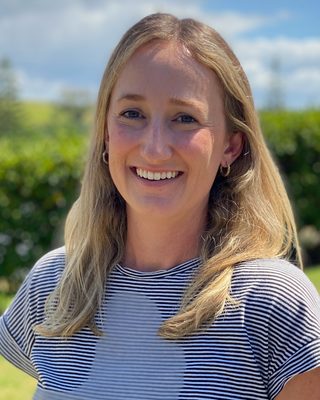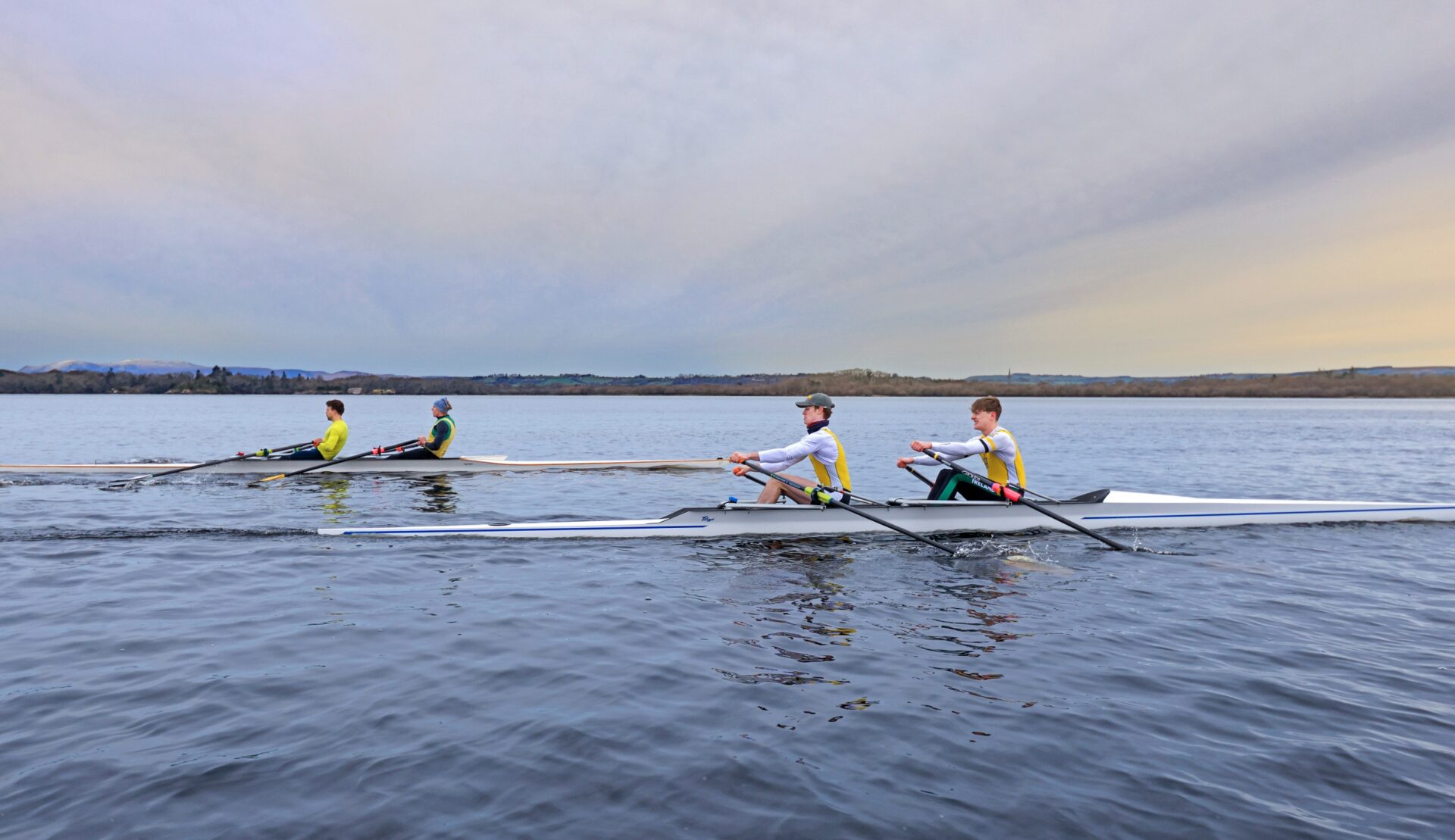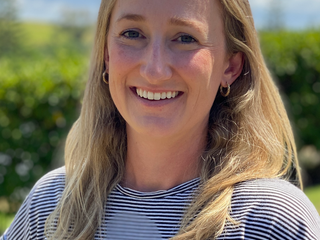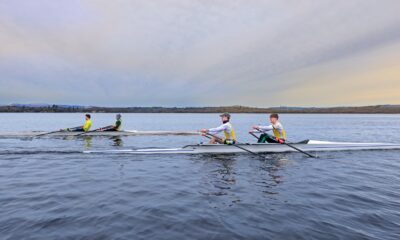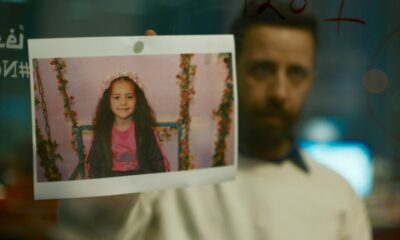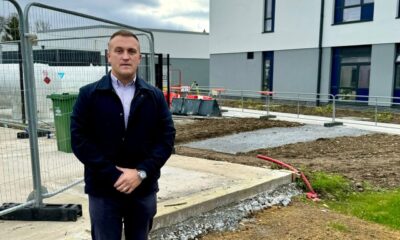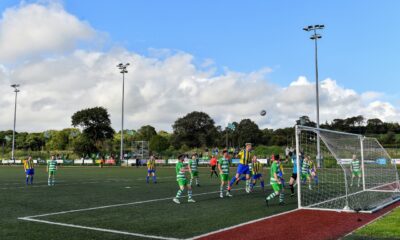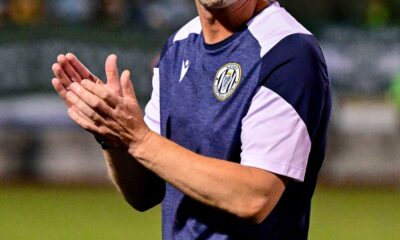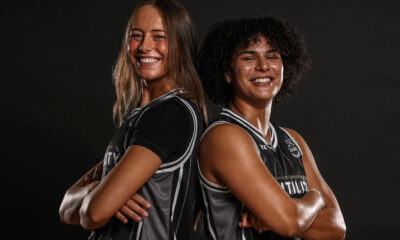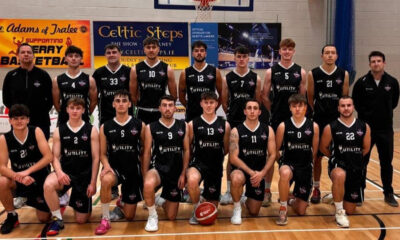News
And they’re off: 2,000 to attend this weekend’s races

The town is in for an early winter boost as up to 2,000 spectators are expected to attend this weekend's Oktoberfest at the Killarney Races.
COVID-19 protocols at Killarney Racecourse were swiftly amended yesterday (Thursday) following updated advice from Horse Racing Ireland (HRI).
This Saturday and Sunday, for the first time since 2019, tickets sales at the gate will be permitted and walk-up patrons who wish to enjoy an afternoon at Killarney Races can be facilitated on the day of racing.
Up until now pre-booking online was essential and had to be completed in advance of each fixture. In addition to this change to admission protocols, Killarney Racecourse has also been permitted to host up to two thousand patrons per day at the Kerry venue for the first time in two years.
The first race tomorrow (Saturday) is at 1.25pm and at 1.10pm on Sunday and gates open two hours before racing. Punters are advised to arrive early. A range of indoor and outdoor food and beverage options will be available on-site and Fáilte Ireland guidelines for indoor hospitality apply to all public indoor settings, including vaccination certs.
“From an operations perspective it will be very straightforward," Philip O’Brien, Racing Manager at Killarney Racecourse, said. "Those who purchased their tickets online will have their contact tracing information and COVID screening completed in advance of arrival. We have a separate check-in desk in our admissions building for those who want to pay on the day and we will capture their information and do the screening there and then. It will only take a few minutes and offers patrons the flexibility to decide to come racing for the afternoon nearer the time of racing which is the preference of many of our regular racegoers.”
Gerard Coughlan added that pre-COVID, the majority of tickets were sold to walk-in patrons at the gate on the day of racing.
"We had online ticket sales naturally however, they were always insignificant in comparison. When our attendance was capped at five hundred per day, the online booking of tickets was mandatory and the only option available to those who wanted to attend and it worked exceptionally well. Although I envisage online sales will sustain a larger share of our overall ticket sales going forward, gate receipts are of vital importance. Part of the buzz of going racing is arriving at the entrance building and getting your ticket on arrival. Many punters only decide to attend at the final hour, so the announcement is a good one especially as it coincides with a capacity increase at this race meeting from five hundred to two thousand patrons per day. It really is fantastic as it gives us a chance to welcome crowds in meaningful numbers to the track and also to welcome back some of our traditional punters who haven’t been to Killarney Races in quite some time also.”

